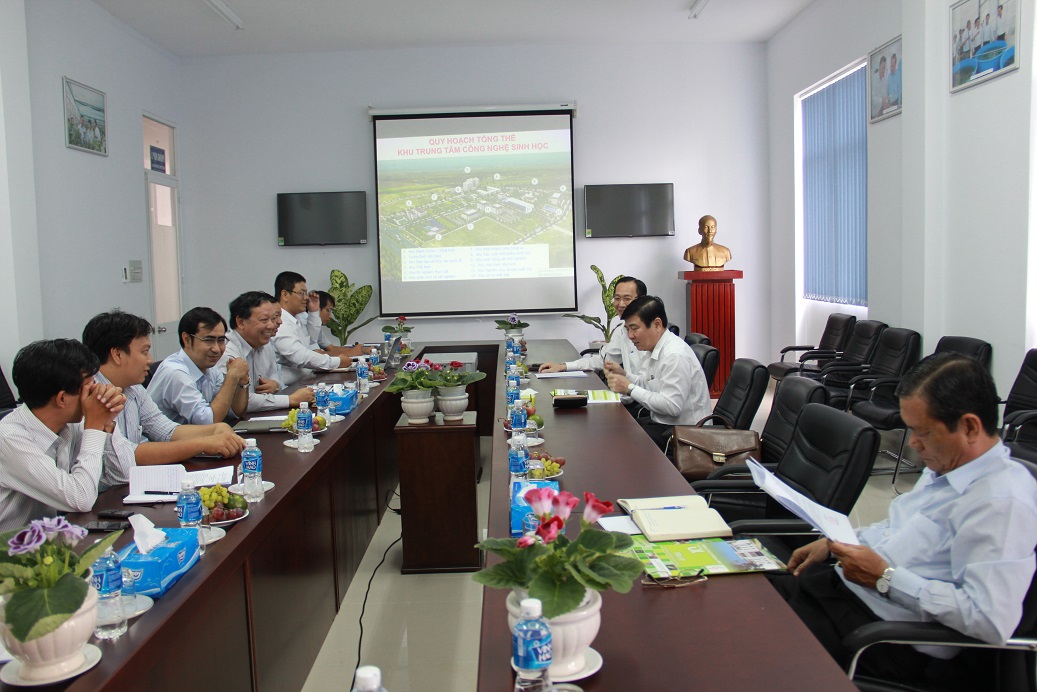Low-Cost Sophisticated Device Diagnoses HIV (10-12-2014)
- Friday - 06/11/2015 10:20
- Close page

A low-cost, electricity-free device has been developed that uses a small scale chemical reaction, rather than electric power, to provide the heat needed to amplify and detect the DNA or RNA of pathogens present in blood samples obtained from potentially infected individuals.
Scientists at an international non-profit global health organization (PATH; Seattle, WA, USA) developed and continued to improve a system known as NINA, for non-instrumental nucleic acid amplification. The goal was to expand access to accurate diagnostics wherever they are needed, especially those areas that lack reliable electricity. The amplification process involves extracting nucleic acids from an individual's blood sample, mixing it with a nucleic acid segment from the pathogen of interest, and using constant temperature heat in a process that makes many copies of (amplifies) pathogen nucleic acids present in the blood sample. The results of the test are highly accurate and easily visualized with a simple dipstick that reveals a colored band indicating the presence of the pathogen nucleic acids.
The team engineered each component of the incubator for maximum performance, ensuring that the amplification reaction that takes place in tiny test tubes maintains a constant temperature. To achieve this, the group identified a special compound that can store and regulate the heat created by the chemical reaction and can also be easily configured to the tube-holder design, guaranteeing uniform heating on each tube's surface. When designing the main body of the device, the team used a thermal imaging camera to assess the performance of inexpensive materials, and eventually chose a reusable thermos and cover that minimize system heat loss.
The team checked the ability of the NINA incubator to function properly over a range of ambient temperatures. The device maintained the required 140 °C when tested in environments ranging from 50 °C to 90 °C. The group demonstrated that their amplification system provides sensitive and repeatable detection of HIV-1 in just 80 minutes. They are now working to pair their amplification system with a simple technique for preparing nucleic acids from blood samples in the field. The newest version of the incubator produces heat using magnesium iron alloy (MgFe). MgFe was chosen because it costs just USD 0.06 per reaction and can be supplied in a self-contained packet. To start the heat-producing reaction, a technician simply adds saline solution to the packet at the bottom of the thermos.
Paul LaBarre, MME, a senior technical officer at PATH and lead author of the study, said, “To complete this low-resource setting diagnostic, one remaining need is the integration of a simple method for isolating nucleic acids from patient blood samples before amplification. Current methods are expensive and technically difficult. Fortunately, there are several methods we are testing that look promising.” The study was published on November 26, 2014, in the journalPublic Library of Science ONE.